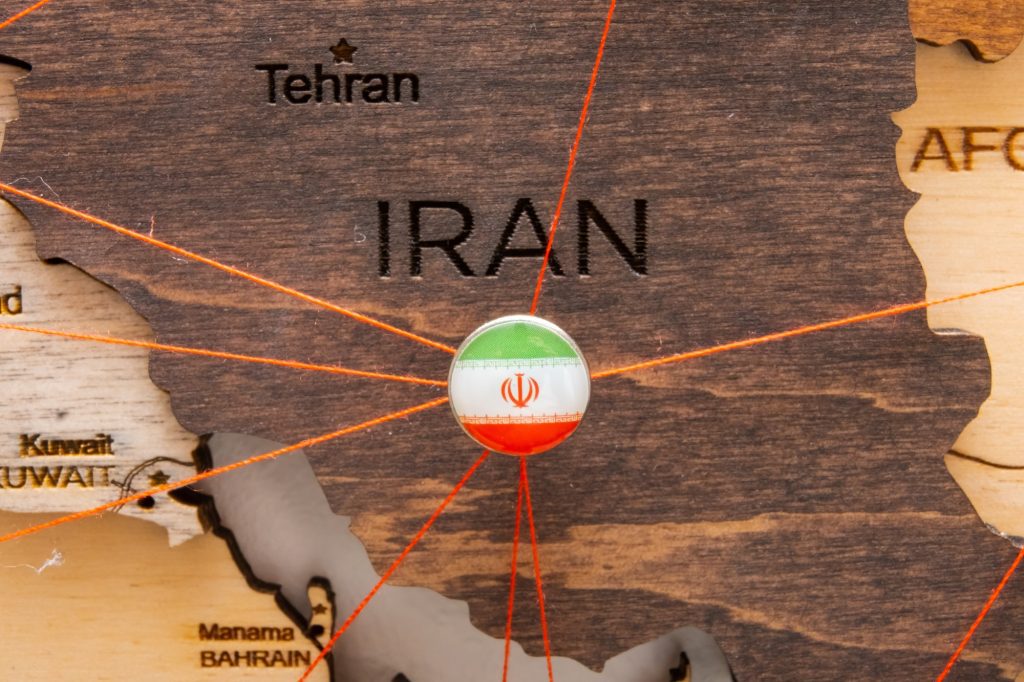Iran has banned VPNs to tighten internet control
Iran has banned VPNs to tighten internet control, drawing international criticism and highlighting the clash between government authority and digital rights.

Iran has officially banned virtual private networks (VPNs) as part of a broader effort to tighten control over internet access. The directive, issued by the Supreme Council of Cyberspace and endorsed by Supreme Leader Ayatollah Ali Khamenei, prohibits using VPNs unless authorised by authorities. The regulation is particularly alarming for many Iranians, who have relied on VPNs to bypass extensive internet censorship and access blocked content, including popular social media platforms like Facebook, Twitter, and Instagram and streaming services such as YouTube and Netflix.
The motivations behind the crackdown are complex, with reports suggesting that some officials may profit from the VPN trade, indicating that the ban may eliminate competition rather than solely address national security concerns. Furthermore, the need for more clarity regarding enforcement leaves citizens uncertain about potential consequences for violations.
Public reaction has mainly been adverse, as the ban criminalises the actions of many citizens. Critics argue that it reflects a deep-seated fear of mobilisation among the populace when granted unrestricted access to information. This sentiment has garnered international attention, with the United States condemning the ban and reaffirming its commitment to supporting internet freedom in Iran.
Overall, the VPN ban is part of a broader trend of digital repression in Iran, especially following the protests after Mahsa Amini died in 2022. As the government tightens its control, tensions between state authority and citizens’ rights to access information pose significant challenges to digital rights in the country.
